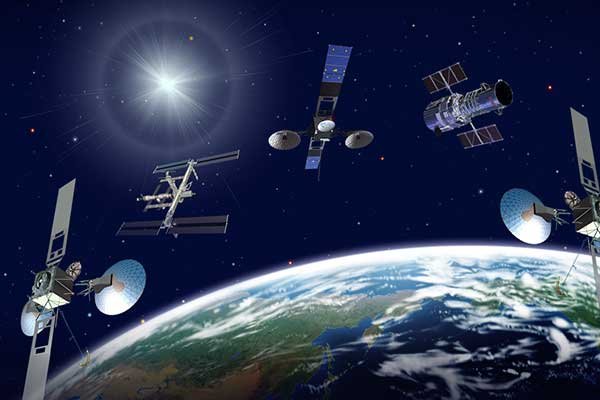Union Minister Jitendra Singh has indicated that India’s space economy is on a trajectory of expansion, with projections indicating it could exceed $80 billion by 2040. He highlighted the significant progress India has made in space commerce, with successful satellite launches and collaborations with foreign entities generating substantial revenues.
Singh praised Prime Minister Modi’s efforts in boosting the space sector, mentioning that more than 150 startups have emerged within just a few years. He emphasized India’s successful track record in launching over 380 foreign satellites, resulting in revenues exceeding 250 million euros and $170 million from launching US satellites.
Currently, India’s space economy accounts for around $8 billion, representing 2% of the global market share. However, Singh noted that conservative projections suggest a growth to $40 billion by 2040. Additionally, a recent ADL (Arthur D Little) Report suggested the potential for India’s space economy to reach $100 billion by 2040. Singh attributed this growth to the increased pace of India’s space activities and frequent launchings.
Addressing upcoming space missions, Singh mentioned that the Gaganyaan mission is set to have its first trial flight by October, followed by the launch of the first Sun Mission “Aditya-L1” on September 2. In the second trial, expected in early 2024, a female robot named “Vyommitra” will be part of the Gaganyaan mission before the first human mission, which could involve up to three astronauts.
Singh emphasized that India’s space research and atomic energy programs are entirely peaceful and not in competition with other nations. He highlighted collaborations with leading space agencies and the launch of satellites for private foreign entities and educational institutions.
Furthermore, Singh discussed the widespread applications of space technology in various sectors, including railways, highways, agriculture, water mapping, smart cities, telemedicine, and robotic surgery. He noted that space technology has brought “Ease of Living” to the common people in India, touching virtually every household.
